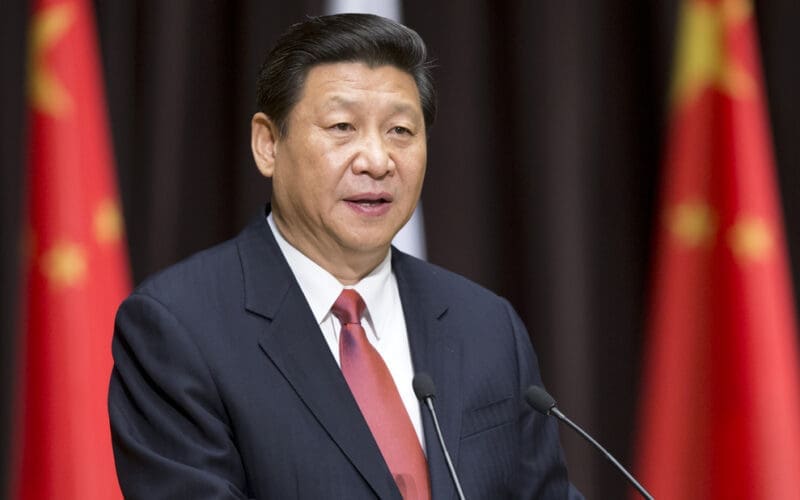As President-elect Donald Trump prepares for another term, recipients of the Deferred Action for Childhood Arrivals (DACA) program face renewed uncertainty. This development comes after a failed attempt by Trump to end the program in his first term and ongoing legal challenges that could further threaten their status.
Reyna Montoya, who fled violence in Tijuana with her family at the age of 10 and settled in Arizona, found a sense of security with DACA, which allowed her to live and work in the U.S. legally. “All of the sudden, all these possibilities opened up,” Montoya recalled, reflecting on her initial relief upon being accepted into the program in 2012. Today, she directs an advocacy organization for immigrant rights, advocating for DACA recipients amidst a climate of uncertainty.
The program, initiated under the Obama administration, has offered renewable two-year permits to approximately 535,000 individuals. However, with Trump’s reelection, these individuals are again uncertain about their future in the country. Trump’s previous term involved a failed attempt to dismantle DACA, stopped in part by a Supreme Court decision, though the legality of the program remains contested in courts.
The current legal vulnerability of DACA stems from ongoing lawsuits initiated by Republican-led states. These cases argue that states incur costs from DACA recipients, though the Biden administration contests these claims. At present, the legality of DACA is being evaluated by the 5th U.S. Circuit Court of Appeals, and future rulings may escalate to the Supreme Court.
Many DACA recipients, like Montoya, are taking the looming threat seriously. Montoya said, “I have to take his (Trump’s) words very seriously, that when they say ‘mass deportation,’ it also includes people like me.”
Efforts are being made to renew DACA permits promptly, with organizations like the Coalition for Humane Immigrant Rights providing legal assistance. Meanwhile, some families, such as DACA recipient Pedro Gonzalez-Aboyte’s, are discussing the possibility of separation due to changing immigration policies. “That was a very real conversation we had,” Gonzalez-Aboyte shared, highlighting their family’s proactive measures.
The upcoming administration has signaled intentions to modify immigration policies, with Trump’s team including individuals known for their stringent stance on immigration. The impact these changes will have on programs like DACA is yet to be determined, but previous actions suggest there might be significant rollbacks.
Stephen Yale-Loehr, an immigration law professor, notes that while Trump might not immediately end DACA, the current legal proceedings could hasten its termination. The Biden administration, while limited in its direct influence over the courts, is working to expedite renewal processes for DACA recipients.
Greisa Martinez Rosas, a DACA recipient and executive director of United We Dream, underscores the importance of public support and the readiness of immigrant networks to respond to potential threats. “We still have a couple of months for the Biden administration to use every single tool at its disposal to protect and defend as many people as possible,” Martinez Rosas stated, urging the administration to act swiftly.
The situation surrounding DACA reflects broader uncertainties within U.S. immigration policy. As DACA recipients and advocates remain vigilant, the outcome of ongoing legal challenges and administrative actions will determine the future for hundreds of thousands of young immigrants in the United States.
Source: Apnews














